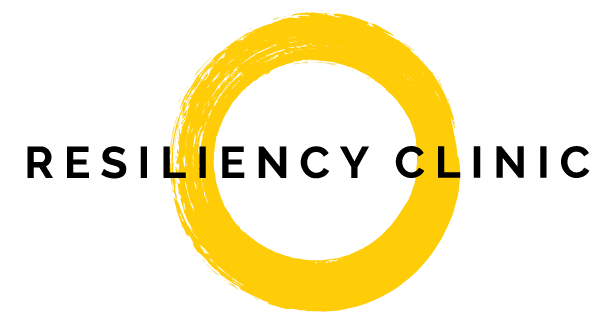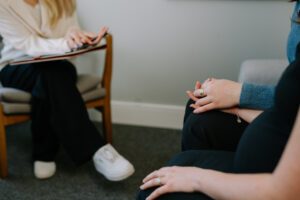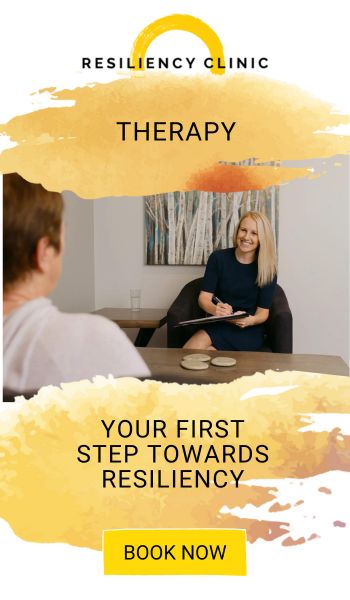It is so important that we give ourselves credit for our efforts and not just outcomes, even when life is not going as we hoped.
Sometimes in therapy we encourage clients to keep a journal and list three affirmations a day. They can give themselves credit for holding the door open for someone at the coffee shop, for great parenting, or for a project done well at work. They could focus on self-care and give themselves credit for asserting themselves in some way, for example by NOT cleaning the house and relaxing instead, for taking the time to meditate, or for going for a walk to enjoy the fresh air. When people are stumped and cannot come up with an affirmation, their therapist might start with affirming that they showed up to therapy!
There is always something we can give ourselves credit for. By nature, we are like velcro for negative thoughts and it is so important to train our brain to turn towards more balanced thinking. Consider this permission to get yourself a nice journal and get started! Just like any practice, this skill will grow with time. You can use a point-form style to keep it simple, and remember to be self-compassionate if you miss a few days! You are likely to see your mood shift and your thoughts become more balanced as you develop a habit of affirmation journaling.







